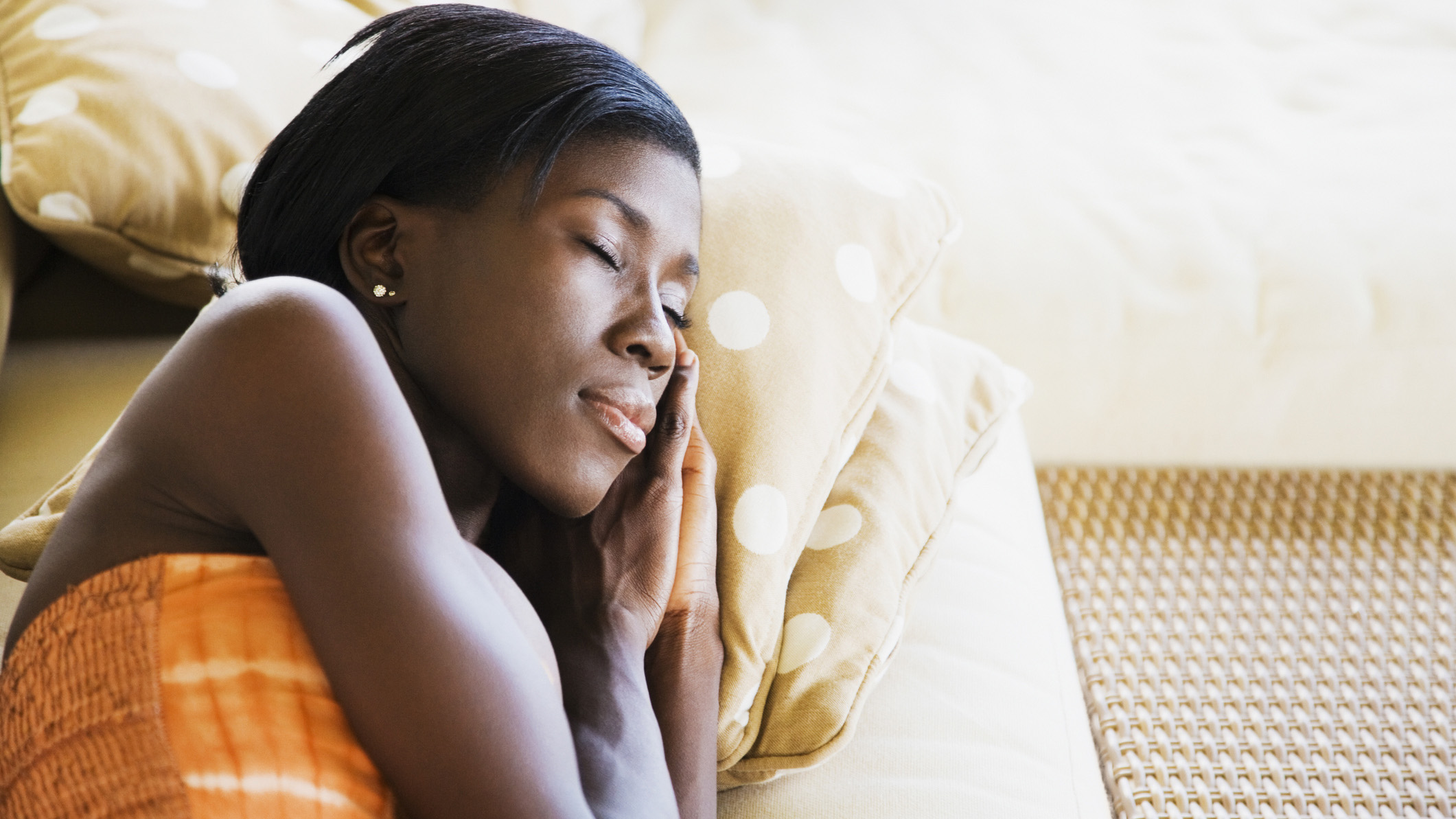Sleep. Everyone does it, and some of us do it better (and for longer) than others, but why do humans sleep? In short, why is sleep important for us? It seems like such a basic question to ask, but as it turns out, the answer is far from basic. In fact, experts still don’t really know how to answer this question entirely, but they are discovering more about the importance of sleep with each passing year.
Type the word ‘sleep’ into Google and you will be served an endless sea of articles discussing why sleep is important for humans – and plenty more articles lamenting how difficult it is to get to sleep (and stay asleep) at times. Common questions include, ‘How can I sleep instantly?’ and ‘How many hours of sleep do you need?’ As a species, we are obsessed with slumber numbers: how much, how fast, and where does age come into it? And it isn’t just Google being asked why sleep is important – doctors are regularly grilled, usually by folk at their wits’ end over back-to-back cycles of poor sleep.
For some, good sleep is elusive, and cruelly, any sleep expert will tell you that the more a person struggles to get some shut-eye, and the more effort they put into trying to sleep, the more they struggle. And on the cycle goes. But understanding the importance of sleep and how to let it happen (because we can’t make it happen), the sooner you’ll return to what feels like healthy snoozing for you. That’s worth remembering too: one size does not fit all when it comes to sleep. Yes there are healthy averages, but you know what feels right for you.
Why do humans need sleep?
The average person spends nearly a third of their life asleep, and if we keep skipping on quality sleep, the outcome won’t be good. Consistent poor sleep damages the body, and total, prolonged sleep deprivation can be fatal. Dr Lindsay Browning, neuroscientist, chartered psychologist and author of Navigating Sleeplessness points to a very rare genetic brain disorder associated with lack of sleep which can be fatal: “Without sleep we [eventually] die. There’s a condition called Fatal Familial Insomnia, where people stop being able to sleep and the only outcome of that is death.”
While such examples are extreme, they show that sleep is important. However, from an evolutionary perspective sleep makes no sense. Dr Browning explains it best: “When we sleep, we are completely vulnerable. We are at risk to predators and the environment around us. From that perspective sleep is a very risky thing to do, so it must have huge benefits that outweigh those huge risks of death.” We have to admit, thinking about sleep from this perspective is new to us, but it’s certainly thought-provoking.
Sleep impacts, and is impacted by, nearly all other aspects of human physiology."
– Dr. Erin Flynn-Evans, NASA
NASA has also spent a long time thinking about sleep, why we need it, and how to get it. For more than 50 years, NASA’s Human Research Program (HRP) has been studying what happens to the human body in space, and one ongoing element of that research is sleep. Chiefly, how to ensure astronauts get quality sleep in space, and what the repercussions are if they don’t.
Dr. Erin E. Flynn-Evans, previously an instructor in Medicine in the Division of Sleep Medicine at Brigham and Women’s Hospital and Harvard Medical School, now leads the NASA Ames Research Center Fatigue Countermeasures Laboratory. Who better for us to ask the big question, why do humans need sleep? “This is a very challenging question!” says Dr Flynn-Evans. “Humans need sleep for a variety of reasons. Sleep impacts, and is impacted by, nearly all other aspects of human physiology.

“Sleep enables physical recuperation of the body, encodes memories, enhances learning, suppresses metabolism, restores cognitive function, and may even help the brain clear waste products.
“At NASA, we care about all these benefits, but one of the biggest reasons we study sleep is to ensure that astronauts are able to perform at an optimal level during missions including to the moon and Mars.” While most of us aren’t ever likely to set foot on the moon or Mars anytime soon, if NASA recognizes the vital importance of sleep, then the rest of us should too.
Why is sleep important to our health?
For something we’re supposed to do naturally, sleep sounds complex. But what can science tell us about what happens to our brain and body while we’re asleep? Dr Katherine Green, MD, is the Medical Director of the UCHealth Sleep Medicine Clinic, and she will also soon be talking about all-things-sleep in the new women’s health podcast evrē. She helps us shed some light on how sleep affects the brain: “Key processes involved in learning and memory happen only during sleep, and sleep is an integral part of memory consolidation and learning and retaining new things,” says Dr Green.
“There are vital roles in regulating mood and appetite that depend on your circadian rhythm and the cycle of wake and sleep. Recent studies have shown that during sleep, there are vital ‘housekeeping’-like processes that occur to clear toxins and by-products from the brain that build up during periods of wakefulness.”
“Sleep Drive is the sleep equivalent of your hunger for food. The longer you’ve been awake, the more 'hungry' you will be for sleep,” explains Dr Lindsay Browning of Trouble Sleeping. “Your Sleep Drive increases the longer you’ve been awake. Therefore, if you’ve been awake for a long time, you’ll be very sleepy because your body will very much need sleep. People who have trouble sleeping try to empty that Sleep Drive whenever they can – they’ll have naps in the day, or go to bed early, but that way they’re never building up their Sleep Drive enough to overcome their trouble getting to sleep. Because if you’re not sleepy, it’s harder to get to sleep.”
This is something Dr Browning spoke to us about too: “We know that when you sleep, your brain physically spring-cleans itself of amyloid plaques, which are sticky protein substances that build up and cause Alzheimer’s. If you aren’t sleeping enough, your brain has to prioritize what it really needs to do in a shorter period of time because you are having less sleep.”
In an article titled The Sleep Deprived Brain, the Dana Foundation shared how, “A new study now shows that just one night of sleep deprivation results in the accumulation in the brain of a protein implicated in Alzheimer’s.” So much for your brain ’switching off’ during sleep, huh?
The UCSF Weill Institute for Neurosciences is home to researchers and physicians studying some of the most complex challenges in the human brain. Dr Louis Ptacek is a professor at the Department of Neurology there, and when we pressed him for an answer on why sleep is important to humans, he told us straight: “We really don’t know. It’s clearly important for ‘restoration’. Probably eliminating some ‘waste’ that has accumulated during the day. What we know for certain is that chronic sleep deprivation leads to increased risk of many diseases. So getting enough sleep is important.”
Dr Browning backs this up: “So much research consistently shows that getting enough good-quality sleep is associated with diminished risk of depression and anxiety. You also have a decreased risk of getting certain types of cancer, of getting dementia, of obesity, and strokes. Your immune system benefits if you sleep well, as does your memory and your ability to make decisions.”
The health benefits of sleep
As mentioned throughout this article, the benefits of regular, healthy sleep are tenfold, and some of the most common are:
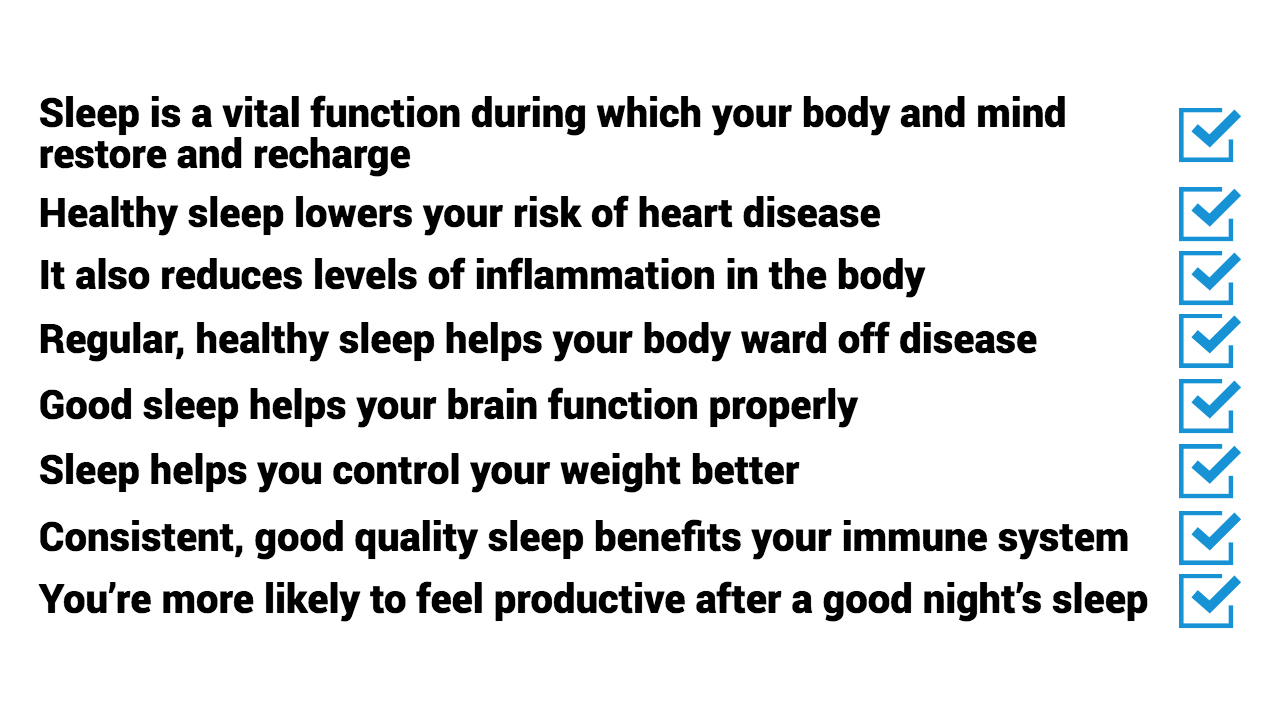
If sleep is so important, why don’t we talk more about it?
While there are still question marks over its precise function, and exactly what happens to us during sleep, we are now understanding that healthy sleep is just as (arguably, if not more) important as getting regular exercise and eating a healthy, balanced diet.
But even then, it’s tempting to cut down on sleep in favor of doing something else a little more, well, exciting or productive. That could be getting up at 5am to hit the yoga studio, or going to bed late to nail a massive work assignment that’s giving us anxiety. Or heck, just staying up way past our bedtime to kick back and watch a movie. Yet if we don’t prioritize sleep, all of those things will be harder or less enjoyable.
As part of her work teaching Cognitive Behavioral Therapy for Insomnia (CBT-I) at Trouble Sleeping, Dr Browning has met with a lot of sleep-deprived people who sacrifice sleep to make gains in other areas of life.
If people don’t understand the benefits of getting good sleep, they naturally won’t prioritize it and will do other things."
– Dr Lindsay Browning
Some folks see sleep as an inconvenience that gets in the way of a busy, fulfilling life, while others don’t necessarily understand the importance of sleep because they can’t see the direct effects of getting good sleep in the way they do when lifting weights or writing a novel, for example. Muscles get bigger and words mount up on a page after a while, but how do we directly see and measure the benefits of sleep over a longer period of time?
“With sleep, some of it is direct – your immune system is compromised after just one night of poor sleep,” Dr Browning points out. “But if people don’t understand the benefits of getting good sleep, they naturally won’t prioritize it and will do other things. That does make sense, but that’s also why it’s vital to educate people that sleep is important and to prioritize it just as you would healthy eating and exercise.”
In other words, while we are inundated with information on the importance of getting regular exercise, or eating at least five portions of fruit and veg a day, when it comes to discussing the role of sleep, it doesn’t get nearly as much air-time. Dr Browning wants people to think about sleep in the same way they think about the benefits of regular exercise and a balanced diet: “I want people to think that if they prioritize sleep, they’re benefiting themselves just as they do when choosing to eat more fruits and vegetables and choosing to exercise.
“We need to do all of these things to be healthy, and not sacrifice one for the other. What pains me is when people get up two hours early to go to the gym before work, but they might not be going to bed two hours earlier. So those people are sacrificing sleep and doing damage to themselves.” Hats off to those who adjust the time they go to bed to accommodate getting up earlier.

Before we explore further, it’s important not to get hung up on the concept of ‘good sleep’ because healthy sleep for you will be different to healthy sleep for the next person. This is why you shouldn’t panic, because poor sleep is, for the majority of people, something that can be addressed by a doctor or sleep expert. It also pays to keep some perspective – a crumby night’s sleep here and there is not the end of the world.
This preoccupation with achieving correct sleep, also called Orthosomnia, is something Dr Browning has experience of dealing with, “My work is helping people who are struggling to sleep, and so often their struggles are fueled by, ‘Well, I read that if I don’t sleep for seven to nine hours I’m going to get cancer. And then of course that person doesn’t sleep well because they’re stressed out of their mind about their sleep.
“I deeply believe that sleep is important,” she continues, “but I really want to balance that with making sure that people don’t obsess about sleep because that can be damaging.”
Expert tips for better sleep
So we know sleep is important, but we also know obsessing over it won’t help us sleep any better, so what do the experts recommend? In short, how can we enjoy better sleep and deal with any pesky sleep problems we might be facing right now?
Dr Carmen Salvaterra, MD, is a renowned pulmonologist and practitioner of sleep medicine at Johns Hopkins Community Physicians Pulmonology and Sleep Medicine. Her go-to tips for better sleep include:
- Follow a bedtime routine
- Maintain a wake and sleep schedule
- Dim lights in the evening
- Avoid electronics one to two hours before bedtime
- Do not eat two hours before bedtime
- Use darkening shades in your bedroom
- Do not perform any other activities in bed, such as watching TV
Pay attention to what you are drinking and eating too, especially if you’re consuming caffeine after midday – the half-life of caffeine varies widely between people, but it can last around five hours or longer, so if you’re having it late afternoon, it could still be in your body close to bedtime. “Caffeinated products such as coffee and caffeinated sodas, along with dark chocolate, energy pills and drinks hamper our sleep,” says Dr Salvaterra. “We should not consume these close to bedtime.”
And if you think a nightcap would help, then you’re right and wrong: “Alcohol helps us fall asleep, but leads to night awakenings and therefore restless and poor quality sleep, especially in the early morning hours, as it interrupts our REM sleep,” says Dr Salvaterra.
Some people talk about 'initiating sleep’, but sleep isn’t something you can make happen by sheer will. “Not even the best sleepers in the world can make themselves sleep at any moment,” explains Dr Browning. “What you can do is make your environment ripe for sleep, so that sleep is much more likely to happen. And then you just let sleep happen.”
Older adults tend to have a circadian rhythm that is shifted earlier, meaning an earlier bedtime and earlier wake time."
– Dr Katherine Green, UCHealth
Things that can stop us from sleeping include – no surprises here – a busy, racing mind. Now, our brains can’t be stopped from thinking completely, but there are things we can do, including practicing good sleep hygiene, to feel more at ease in this type of situation. “You have to accept that your mind is thinking for a reason; your brain is having those thoughts because they’re important,” says Dr Browning. “So rather than trying to suppress them, or take a sleeping pill to knock you out, deal with those thoughts and issues during the day time.
“You could try expressive writing, or keeping a journal or gratitude diary. Something like that will help your brain get out all those thoughts so you won’t be thinking about them at night.” Firing up a meditation app may also help you to relax and breathe properly.
One of the biggest sleep myths is that older people don’t need anywhere near the average recommended amount of sleep for adults (roughly seven to nine hours). Every person needs regular, healthy sleep. However, Dr Green points out, our sleep needs and sleep patterns definitely change as we age. “Young kids are mostly ‘advanced’ in their circadian rhythms (up very early in the morning), whereas, by adolescence we become ‘delayed’ (night owls). As we age, the total amount of sleep that is necessary does decrease, and older adults tend to get less ‘deep’ or slow wave sleep as they age. Most adults still need a minimum of seven hours of sleep at night (whereas kids need much more).
“Our circadian rhythm also tends to change as we age (thus where the idea of the ‘early bird special’ comes from – older adults tend to have a circadian rhythm that is shifted earlier, meaning earlier bedtime and earlier wake time).”
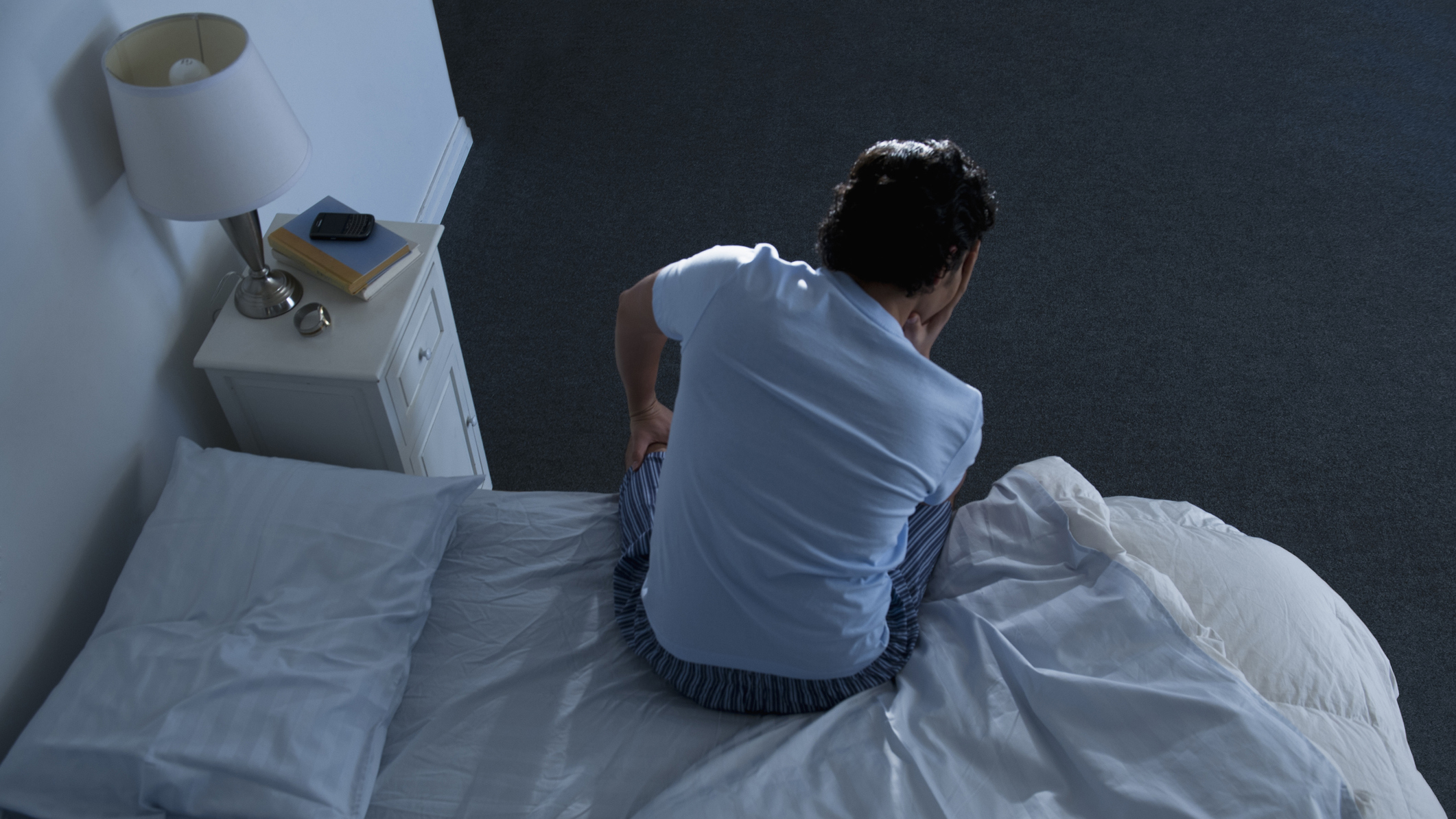
Now, what do we know about poor sleep?
We asked Dr Salvaterra, of Johns Hopkins Community Physicians Pulmonology and Sleep Medicine, what the impact would be on our physical and mental health if we didn’t get enough quality sleep on a consistent basis. She replied, “Various health conditions associated with poor sleep include mood disorders, cardiac arrhythmias, and memory impairment. Even dementia has been associated, along with stroke if there is lack of oxygen to the brain in people with sleep apnea.”
For Dr Salvaterra, the importance of sleep is perhaps best answered by looking at the effects of sleep deprivation or poor sleep: “When we are deprived of sleep the brain function is impacted as memory is affected, with inability to pay attention at tasks and loss of creativity.”
“People often forget about naps they take in the day, but we need to start thinking about our sleep as a 24-hour thing,” says Dr Browning. “So if you’re sleeping six hours a night but getting a 90-minute nap earlier in the day, you’re getting plenty of sleep within that 24 hour period. Naps are often disregarded, but they count as part of your overall sleep.” However, don’t nap close to bedtime and expect to fall asleep without issue, as you’ll be reducing your Sleep Drive too close to bed. Also, ask your doctor if naps would improve or hinder any sleep issues you might have. “Scheduled naps are beneficial if taken before 3pm and limited to 30 minutes,” advises Dr Salvaterra. “This is another time that helps the body and brain restore to face the rest of the day’s activities.”
As Medical Director of the UCHealth Sleep Medicine Clinic, Dr Green has also encountered a lot of people with varying sleep issues, and is well-placed to talk about the effects of poor sleep. “Health benefits of sleep are very wide reaching – studies show that getting insufficient sleep increases your risk of high blood pressure, cardiovascular disease, metabolic disorders such as diabetes and obesity, and also increase the risk of anxiety and depression. We know that poor sleep impacts cognition, learning and memory, focus and attention, and also impacts driving and work safety.”
Sleep also has links to fertility, with irregular sleep cycles potentially causing issues when it comes to baby-making. “Circadian rhythm and the hormones that regulate sleep and wakefulness also trigger the release of the daily hormones that regulate both ovulation and the process of sperm maturation,” explains Dr Green. “So if your sleep cycle and sleep habits are not regular, there may be dysfunction in the timing or regularity of those hormones being released, and this can lead to menstrual irregularity or a prolonged period of trying to conceive unsuccessfully.”
The effects of sleep deprivation on mental health
As you’d expect, there’s interplay between sleep and mental health too, though to what extent doctors don’t yet know. “Chronic sleep deprivation leads to increased risk of many health problems, and that includes mental health,” says Dr Ptacek of the UCSF Weill Institute for Neurosciences. “Again, we don’t understand the molecular details of this but are using our studies in familial sleep traits to begin to address this question.”
You probably aren’t imagining it, either: you do feel more emotional when you’re not sleeping well. As Dr Salvaterra points out, when we are sleep deprived “our emotions are also impacted, as mood disorders and emotional instability has been noted in people who are deprived of restful sleep”.
What about people who are dealing with anxiety or depression? How do those mental health conditions affect sleep? “People who have depression tend to either sleep a lot less or a lot longer,” says Dr Browning. “They may sleep a lot less because of anxiety and worries, but people with depression can also sleep a lot more because they are basically escaping life. So they’ll be sleeping for long periods, often throughout the day, which then messes up their sleep at night.”
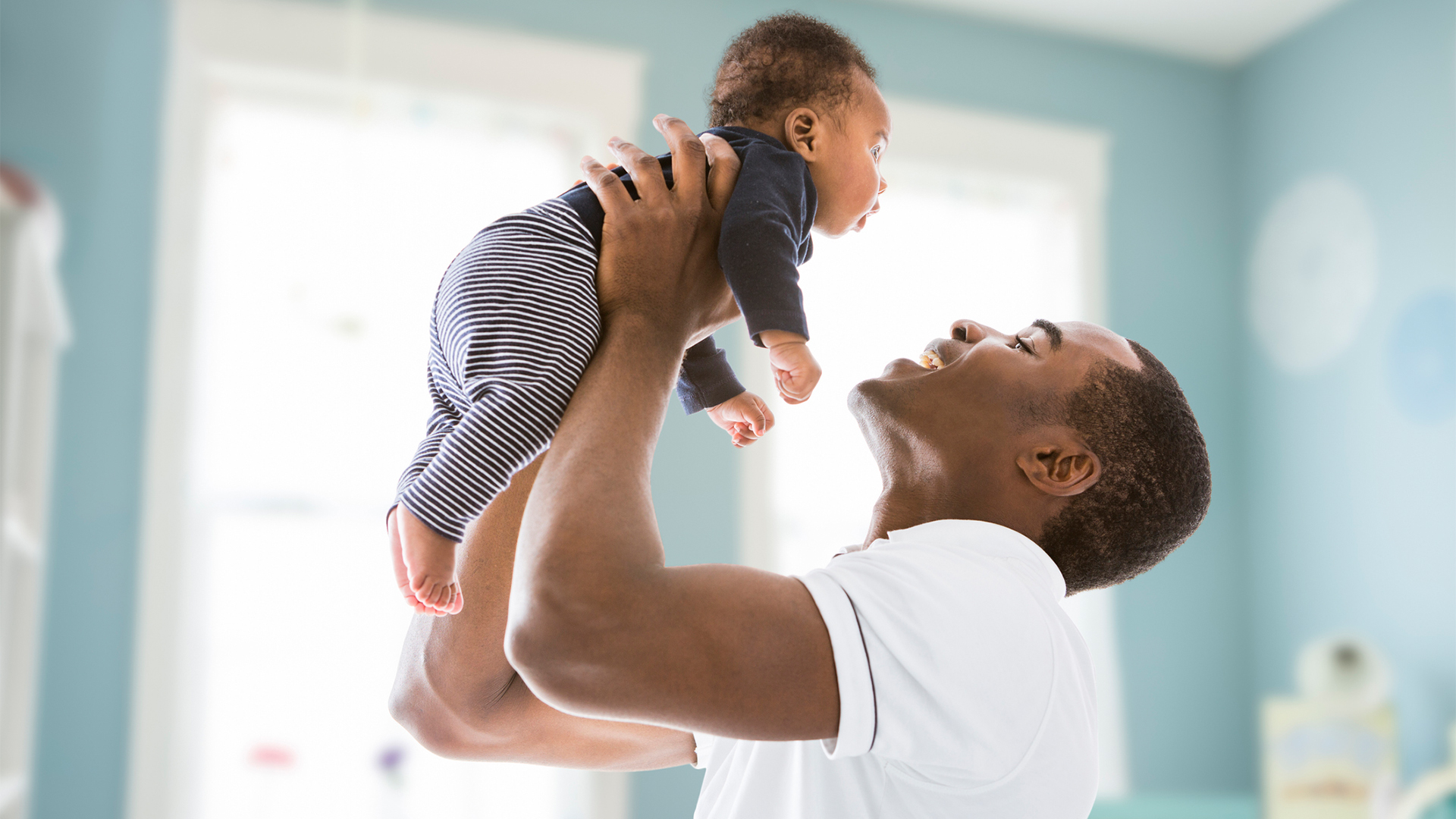
If sleep is so important, should we worry if we have short-term sleep loss?
When we ask ourselves the question ‘why is sleep important?’, it’s easy to become aware of our own sleep, whether it’s any good, whether we’re getting enough, and how normal is it to wake up in the middle of the night anyway? Is it our fault for not buying the best mattress for your favorite sleep position? It’s easy to panic, but that’s possibly one of the most counter-productive things you can do for better sleep.
“Short-term sleep loss is something we are able to deal with,” Dr Browning assures us. “We can recover from it. And if it wasn’t, every new parent on the planet would be absolutely screwed. Everyone has periods of sleep loss, but when that loss becomes the norm that’s when problems build up. So if you’re consistently not sleeping, you are doing longer-term damage that you won’t be able to undo.”
Remember when you were young (or maybe you still are) and felt as though you could work all day, party all night, and not have a care about getting much sleep? Us too, but it turns out being awake for very long periods at a time without sleeping isn’t so clever.
“‘Catch-up’ sleep can make it difficult to fall asleep at night as it pushes your circadian rhythm out of alignment."
Dr Katherine Green, UCHealth
In fact, when we asked UCHealth’s Dr Green what would happen to a healthy person if they didn’t sleep for 24 hours, this is what she said: “Being sleep deprived even for a short period of time has profound effects, particularly on mood, driving and work safety, and focus and attention.
“There are studies showing that after 20 hours awake drowsy drivers are impaired on reaction time testing equivalent with a 0.08% blood alcohol content, and that after 24 hours awake, that impairment is equivalent to a BAC of 0.1%.”
However, if you think a long, luxurious lie-in at the weekends will help you catch up on sleep then you may want to reconsider. “Maintaining the same bedtimes and wake-times (yes even on weekends!) is one of the healthiest things you can do for your sleep habits overall,” advises Dr Green. “Keeping a regular schedule of sleep helps keep your circadian rhythm normal and better regulates all the other processes (appetite, fertility hormones, energy level, etc) that depend on that 24-hour cycle in your body.
“‘Catch-up’ sleep can make it difficult to fall asleep at night as it pushes your circadian rhythm out of alignment, so it may feel like a great idea on a Saturday morning, but for some people it can really make Sunday night and Monday morning much more difficult.
“Setting a regular wake-time and sleep-time also ensures you are prioritizing sleep in your day and schedule, to make sure you are allowing yourself at least seven hours of sleep each night.”
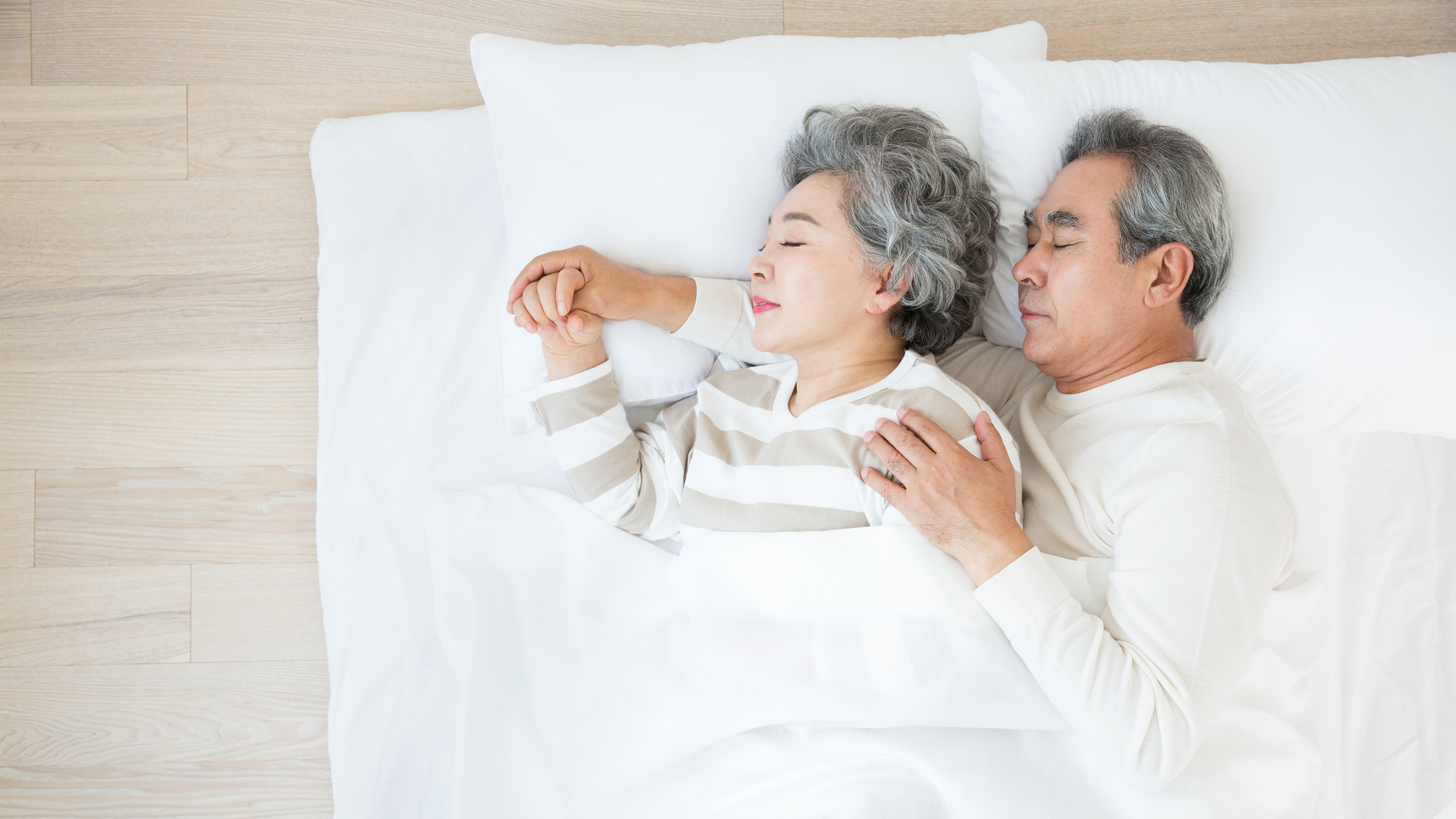
Is there such a thing as too much sleep?
As it turns out, yes, and there are negative health outcomes attached to this too. “However,” cautions Dr Browning, “it’s important to point out that we don’t know whether it’s the fact you are sleeping too much that causes the health issues, or whether you’re having health issues that are then causing you to sleep too much. For example, if you’re going through cancer or if you have a chronic illness… Our immune system is boosted during sleep, so if you are sick, you need more sleep. Therefore, if you’re sick, that can cause you to sleep more.” Dr Browning also shares another reason why people might sleep too much: “Some people who sleep a lot are people with sleep apnea.”
When discussing tell-tale signs that you aren’t getting enough shut-eye, Dr Browning says if you fall asleep as soon as your head hits the pillow and still always feel tired, you could be sleep deprived. “People who always fall asleep straight away might think of themselves as good sleepers, but as a sleep expert I’d think of them as a person who could be chronically sleep deprived. That’s because people who are sleep deprived fall asleep very quickly. I want my patients to fall asleep within 10, 15, 20 minutes. That’s a healthy amount of time for it to take you to fall asleep. Anything less than 30 minutes doesn’t count as a problem.”
Sleep apnea is a serious condition where you stop breathing during the night, and according to the American Sleep Apnea Association, it is estimated that around 22 million Americans suffer from it.
“People with sleep apnea repeatedly stop breathing throughout the night, and this can happen hundreds of times in the night. So their sleep is being continually disrupted. They’ll sleep for seven, eight, nine, ten hours, and think they’ve slept for that long, but they’ll wake up and still feel exhausted. And that’s because they aren’t sleeping properly when they are asleep.”
If you went to Dr Browning’s clinic and said you can sleep for ten hours a night and still sleep for longer yet you never feel refreshed after sleep, she will tell you something doesn’t add up. “If you can’t get the rest you need within that time period, something isn’t right, and often it’s sleep apnea. When people have treatment for sleep apnea, they go back to having a more normal amount of sleep, which is usually between seven and nine hours, because they’re actually resting properly.”
Bottom line is, if you’re sleeping too much, think about why this might be the case and speak to a doctor as soon as you can, to see if there is something going on with you while you’re asleep.
The key takeaways on why sleep is important
As we have heard from various experts throughout this article, getting enough sleep is essential to maintaining optimal health and wellbeing. Good sleep is beneficial for our physical and mental health, and can help us feel energized, creative, focused and productive in our day to day experiences.
Creating a manageable bedtime routine that you can stick to each night is important for helping you to relax and fall into a space where sleep is more likely. This includes optimizing your bedroom for sleep, such as tidying away clutter, boosting your in-bed comfort with a good pillow for sleeping, or dimming the lights or playing around with smart color lighting for sleep.
We should prioritize snoozing more, but it isn’t something to obsess over. Also remember that some of us naturally need more or less sleep than others, and that the average ‘seven to nine hours’ for adults is not set in stone. You know your sleep needs better than anyone, and you also know what helps you drift off more easily too. So prioritize your sleep, enjoy every minute of it, but don’t stress over it. Good sleep is your ally for better health, so if you feel you aren’t getting it right now, speak to a doctor or sleep expert because there is help available to you.
